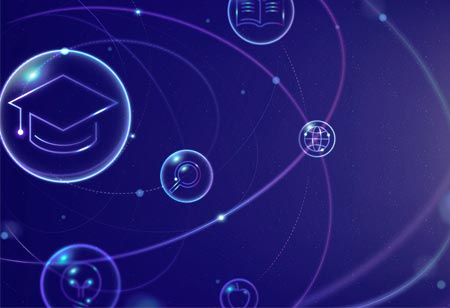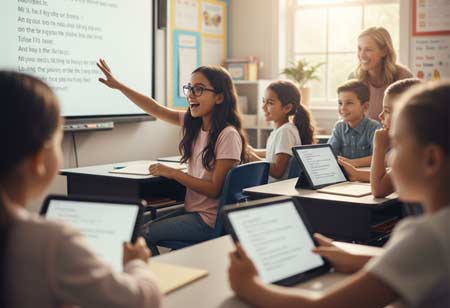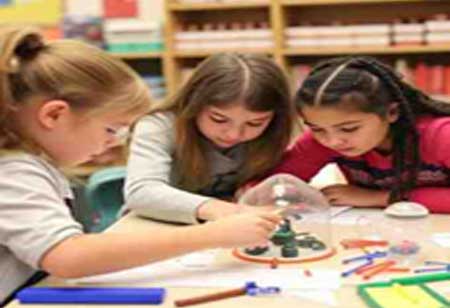THANK YOU FOR SUBSCRIBING
Be first to read the latest tech news, Industry Leader's Insights, and CIO interviews of medium and large enterprises exclusively from Education Technology Insights
Leveraging Social and Emotional Learning in Educational Institutions
According to the nonprofit Collaborative for Social, Emotional, and Academic Learning, or CASEL, social-emotional learning emphasizes self-awareness, self-management, social awareness, relationship skills, and responsible decision-making skill.

By
Education Technology Insights | Thursday, March 23, 2023
Stay ahead of the industry with exclusive feature stories on the top companies, expert insights and the latest news delivered straight to your inbox. Subscribe today.
SEL programs benefit students, including increased academic achievement and well-being.
FREMONT, CA: According to the nonprofit Collaborative for Social, Emotional, and Academic Learning, or CASEL, social-emotional learning emphasizes self-awareness, self-management, social awareness, relationship skills, and responsible decision-making skills. Breaking down those five skills into specific, age-appropriate practices is possible.
Teachers and mental health experts describe SEL as a comprehensive set of skill-building exercises designed to teach students from prekindergarten through high school self-awareness and respect for others.
SEL is generally accompanied by grade-level standards and benchmarks, like math and reading. Students are generally assessed several times a year to determine whether or not they have mastered the SEL standards.
Academic achievement: When children and teenagers can regulate their emotions, they learn better in any subject. Based on a meta-analysis of 213 school-based SEL programs, students in these programs showed significant improvements in social and emotional skills and academic achievement.
It is because schools are highly social places that SEL practices enhance student achievement. Students learn from one another, so relational skills are not just useful when addressing conflicts or behavioral problems. They are integral to learning, they say. Those students who have practiced collaboration, compromise, and communication tend to be more successful. Students who practice these skills can work together and learn from each other better. They can also better build relationships with their peers, which can help foster a sense of community and support. These skills are also important for problem-solving and critical thinking, which can help students succeed in their academic pursuits.
Building skills for life success: Parents and educators struggle to help young people with mental health problems, so social-emotional learning environments are more important than ever. Students who participate in SEL programs in school are less likely to experience emotional distress, and a found that SEL practices reduce depression and anxiety in students.
Students who face mental health or other challenges also need SEL skills. Students must acquire these skills, as they are transferrable to life beyond the classroom. Some schools require students to develop strategies to keep their peers focused during the last few months of the year and demonstrate tact while demonstrating compassion as they change the composition of their peer group.







